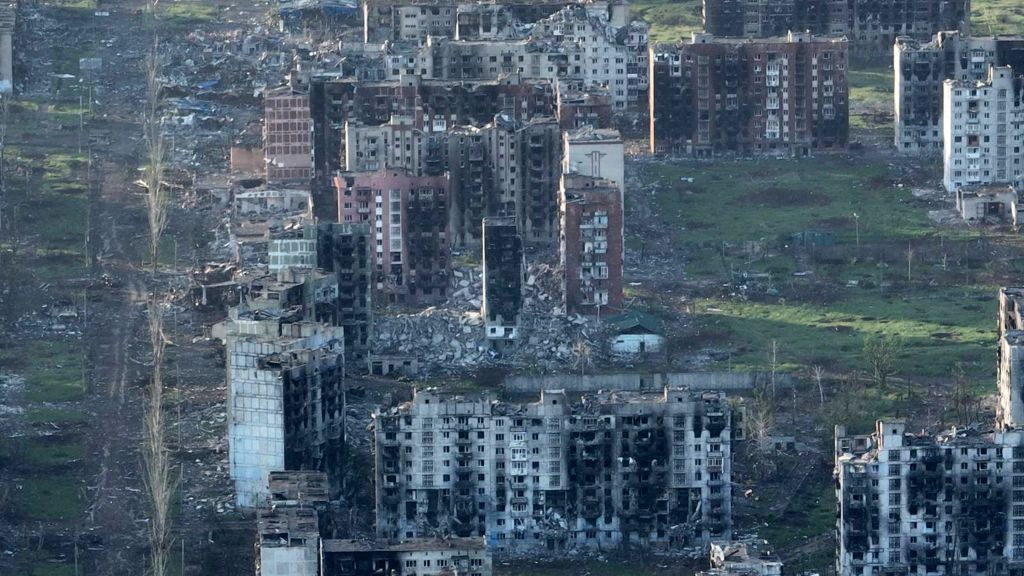Putin orders ministers to prepare for Western companies' return to Russia

Russian President Vladimir Putin instructed his Cabinet of Ministers on Feb. 21 to prepare for the return of Western companies, saying Russian firms should have "certain advantages" over those re-entering the market.
"We can adjust accordingly the return to our market of those who want to return," Putin said during a speech at the Future Technologies Forum plenary session, suggesting potential restrictions or conditions for Western firms looking to resume operations in Russia.
"External problems, sanctions, with all the challenges and difficulties for us, have played an important stimulating role," he added.
The comments come amid a rapprochement between Russia and the U.S.
A Russian delegation led by Foreign Minister Sergey Lavrov met on Feb. 18 with a U.S. delegation led by State Secretary Marco Rubio, marking the highest-level meeting between the two sides since the start of Russia's full-scale invasion of Ukraine. The U.S. and Russia agreed to start the process on Ukrainian settlement, appoint ambassadors to each other, lift "obstacles to diplomatic missions" and create conditions for starting U.S.-Russian cooperation, according to Lavrov.
Russia is also offering the Trump administration a deal on Russian natural resources and access to the Arctic, The Moscow Times reported on Feb. 18, citing Kirill Dmitriev, one of the Russian delegates in recent Saudi Arabia talks.
Following Russia's full-scale invasion of Ukraine, hundreds of Western companies exited the Russian market, unwilling to contribute to the country's economy or war effort.
According to the Kyiv School of Economics Institute, 472 foreign firms have fully withdrawn, while another 1,360 have scaled back their operations.
The Kremlin imposed strict exit requirements, including approval from a government commission, a mandatory 50% discount on asset sales, and an "exit tax" of at least 10%.
Russian authorities have also seized assets from subsidiaries of Western companies that remained operational.
Moscow's measures have been widely seen as retaliation for Western sanctions, including the freezing of around $300 billion in Russian central bank assets.
Despite these efforts, many foreign companies have either found ways to continue business in Russia or have re-entered the market after a temporary pause.











